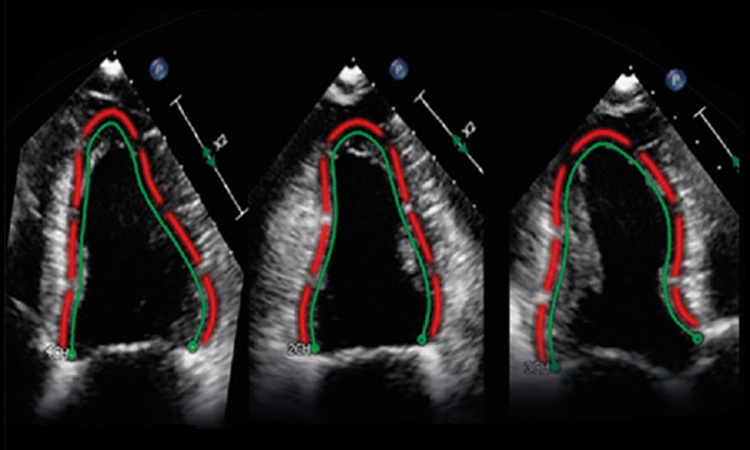Health-care systems
Investors are indifferent to technology needs
Health technologies are not governed by the real needs and challenges of healthcare systems, reveals a new University of Montreal study. "Such concerns are absent from public innovation policies and indeed in the way venture capitalists think," said Professor Pascale Lehoux of the university's Department of Health Administration, who led the research. She was motivated by a desire to discover why only some health technologies make their way into healthcare systems and to understand how capital investors choose their investments in new technologies.

Her study was conducted between 2008 and 2012 and involved five spin-off companies from the Montreal area who marketed health innovations in the early 1990s. In addition to an analysis of annual reports, business plans, and press coverage, 50 semi-structured interviews were conducted with capital investors, technology experts, and economic policy specialists. "We wanted to understand how venture capitalists pick and 'coach' technology entrepreneurs. What value do they see in these entrepreneurs and the technologies they are trying to develop? We also looked at the decision-making power that capital investors gain in terms of the technological and strategic choices of these companies," Lehoux explained.
The results, recently published in the journal Science and Public Policy, clarify how venture capitalists evaluate the potential of new technologies. Whether an implantable device, a surgical device, or a telehealth project, new technologies are not assessed based on their intrinsic value for healthcare systems but on their commercial potential. Clearly, investors are interested in health technologies that meet their investment criteria and offer the possibility of short-term financial return. If they feel that there is no real growth area, that business projections are insufficient, and that there are no marketing channels to integrate, the technology will not be developed, even though there may be clear benefits for the population.
Analysis of data also revealed how capital investors transform and protect their investments, and finally, how they exert their authority along the technology development process. According to Professor Lehoux, current innovation policies must be carefully examined because capital investors determine which health technologies make their way into healthcare systems. "It's worrisome," she said, "because there are lots of missed opportunities to develop innovations that could help us, for example, to better manage chronic disease or better meet the needs of an aging population. But it is difficult to convince capital investors to invest in these areas." According to Lehoux, we must rethink the commercial underpinnings of health technology development if our goal is preserve the sustainability of our healthcare systems and improve the health of populations.
Her study, funded by the Canadian Institutes of Health Research, also shows that capital investors have a great deal of decision-making power in the development and marketing processes of health innovations. This directly influences the nature, cost, use, and relevance of these technologies. "By exerting control over the development process, they can reset priorities, for example," said the professor. This can affect the functions of the technology or its production, which will not be optimized. Worse still, the commercial underpinnings that govern the development of health technologies are such that there are health sectors that have few or no therapeutic options. "This is particularly the case for home monitoring, for which it is difficult to find a suitable business model," Lehoux said.
In her view, part of the problem is related to the rules that investors must follow, whose reasoning is often seen as legitimate. "We think that if they're ready to do it, then it must be a good idea," she said. "But they're more concerned with protecting corporate value and, ultimately, their return on investment than developing health technologies that can better meet the needs of healthcare systems." Lehoux cites the example of software originally developed to increase diagnostic capacity in obstetrics. "The investors felt that sales were not growing fast enough. So they changed the target clientele. A technology originally aimed at obstetricians became a risk management tool for insurance companies," she said. "The consequence was that, from a public health point of view, the innovation has marginal clinical value today."
Since 2005, Lehoux's Research Chair has examined the strategic knowledge and decisions that shape health innovations upstream of healthcare systems, in other words, the technology development process itself, including needs analyses, development strategies, market challenges and opportunities, and policy impacts. Her research has convinced her of the necessity to "create upstream mechanisms to influence development processes for innovations and to enable market entry of health technologies that contribute more clearly to collective well-being." "I may seem stubborn at times, but I'm not. I love innovation. But I believe it is possible to invest in health technologies that are socially relevant, especially in creating sustainable employment and reducing and eliminating inequality," she concluded, noting she will soon begin a series of studies on social investment.
Source: University of Montreal
02.10.2015





